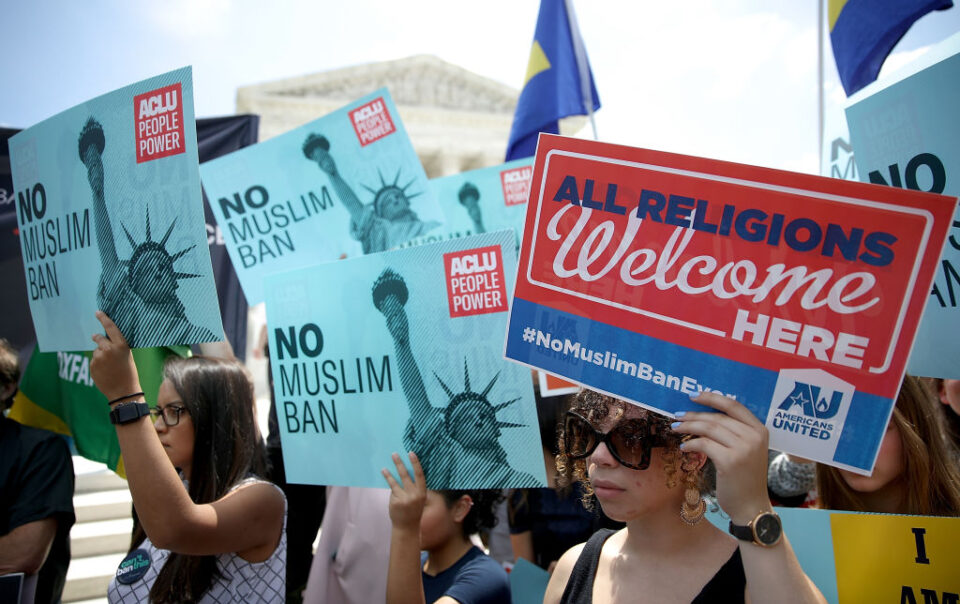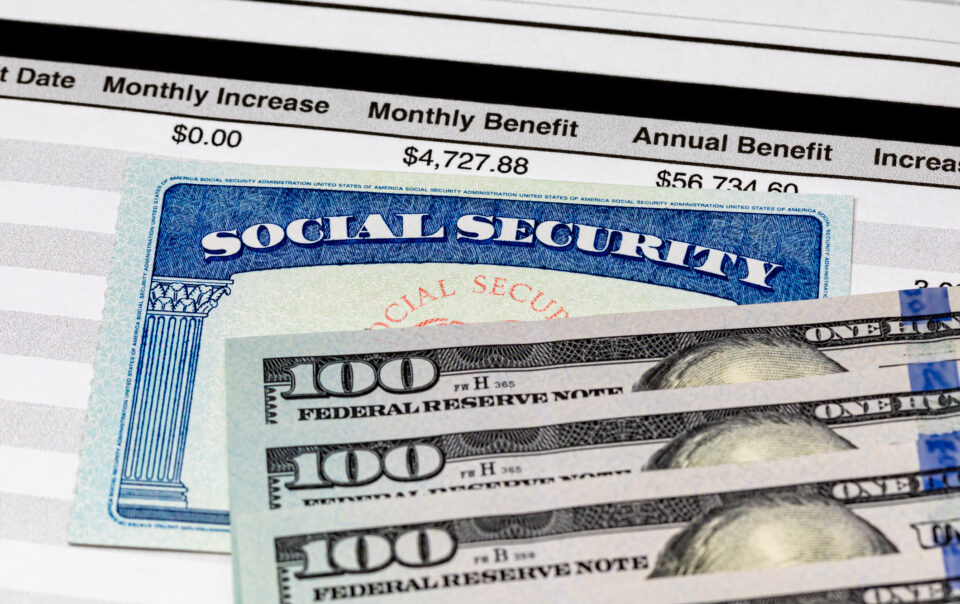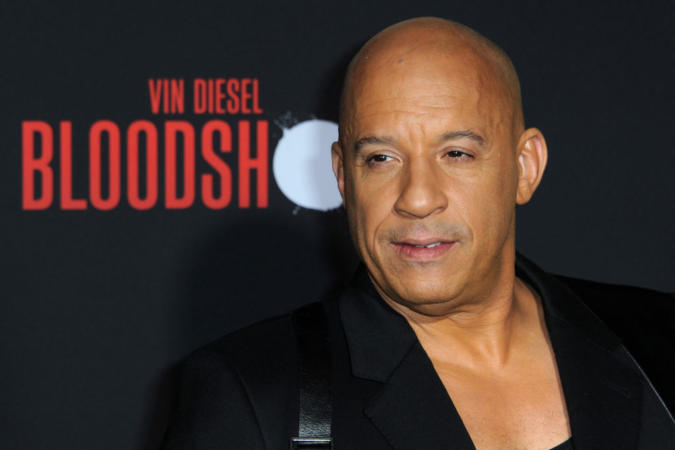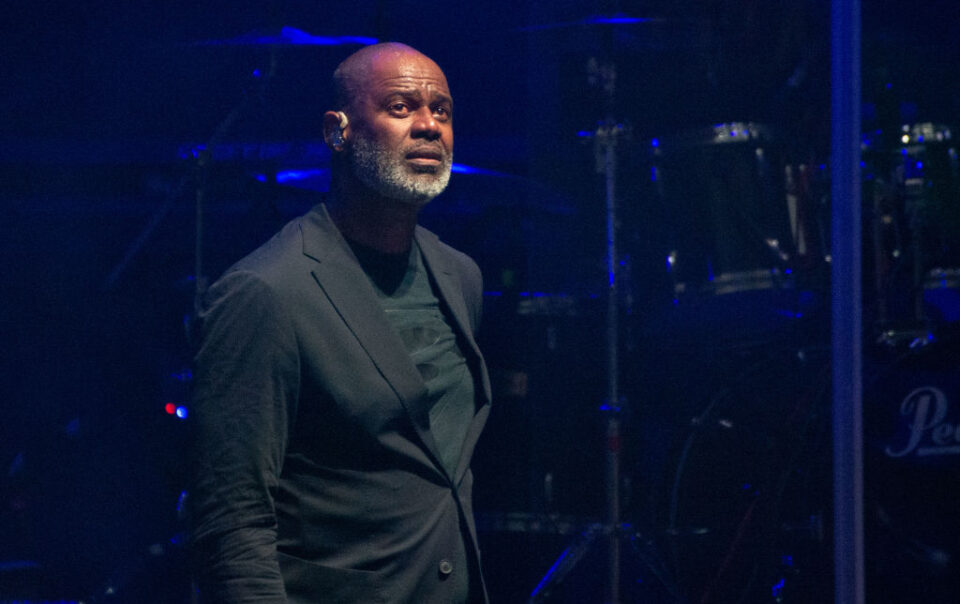On Wednesday, President Donald Trump announced a new travel ban, similar to the ones he implemented during his first term. Under the new policy, citizens of a dozen countries will be banned from traveling to the United States, while seven additional countries will face restrictions.
Trump travel ban mostly targets Black, Muslim countries
In a proclamation issued by the White House Wednesday, President Trump announced that he had decided to “fully restrict and limit the entry of nationals of the following 12 countries: Afghanistan, Burma, Chad, Republic of the Congo, Equatorial Guinea, Eritrea, Haiti, Iran, Libya, Somalia, Sudan, and Yemen.”
The announcement goes on to state that “People from seven countries will have partial restriction: Burundi, Cuba, Laos, Sierra Leone, Togo, Turkmenistan and Venezuela.”
Notably, the 12 countries facing total bans, 11 of them have populations that are overwhelmingly Black and/or Muslim. The lone exception is Burma, also known as Myanmar, a country in Southeast Asia with a Buddhist majority.
The country has long been ruled by a military dictatorship, which has brutally repressed various Muslim and ethnic minority groups in the country. The seven countries facing restrictions are a mix of Black and Muslim-majority countries and nations ruled by socialist or communist parties.
Trump travel ban will likely stay in place despitethe hardships it will cause
The seemingly discriminatory nature of the current ban mirrors controversial aspects of the policy from Trump’s previous term; his initial travel ban was labeled a “Muslim ban” for targeting countries where Islam was the dominant religion.
Trump cites national security concerns for his decision to restrict or ban travel of these countries’ citizens to the United States. In a video announcing the ban, Trump cited a recent attack in which an Egyptian national is accused of firebombing and injuring over a dozen people attending a vigil for Israeli hostages. Egypt, whose President Abdel Fattah al-Sisi has close ties with the administration and was once described by Trump as his “favorite dictator” – is not one of the countries covered by the new travel restrictions
“We cannot have open migration from any country where we cannot safely and reliably vet and screen… That is why today I am signing a new executive order placing travel restrictions on countries including Yemen, Somalia, Haiti, Libya, and numerous others.” –President Trump pic.twitter.com/ER7nGM4TO2— The White House (@WhiteHouse) June 4, 2025
The new ban is set to take effect Monday morning. The short delay may have avoided the problems of the first Trump administration’s travel bans, which took effect immediately and left would-be travelers to the U.S. stranded at airports. This new travel ban will restrict or ban access to the United States for millions of people around the world, including potentially banning refugees fleeing crises like the oppression in Myanmar or the civil war in Sudan.
Trump had been expected to announce a new travel ban, as he issued an executive order on inauguration day, tasking several cabinet members to work out the details of such a policy. Despite the controversy and potentially negative impact surrounding these policies, the Supreme Court has previously affirmed Trump’s authority to implement his travel bans, meaning that the current one is likely to remain in effect for some time.










